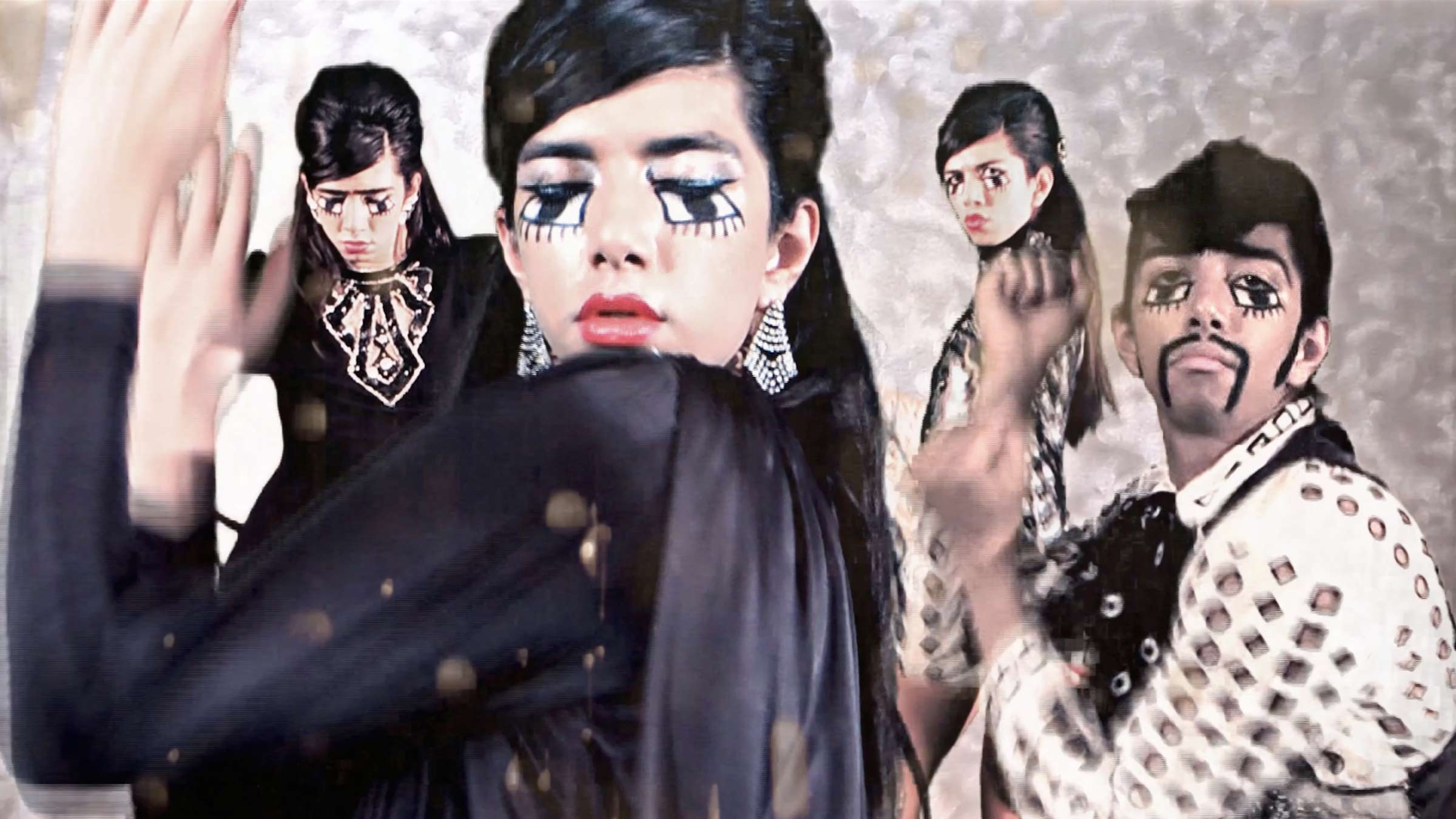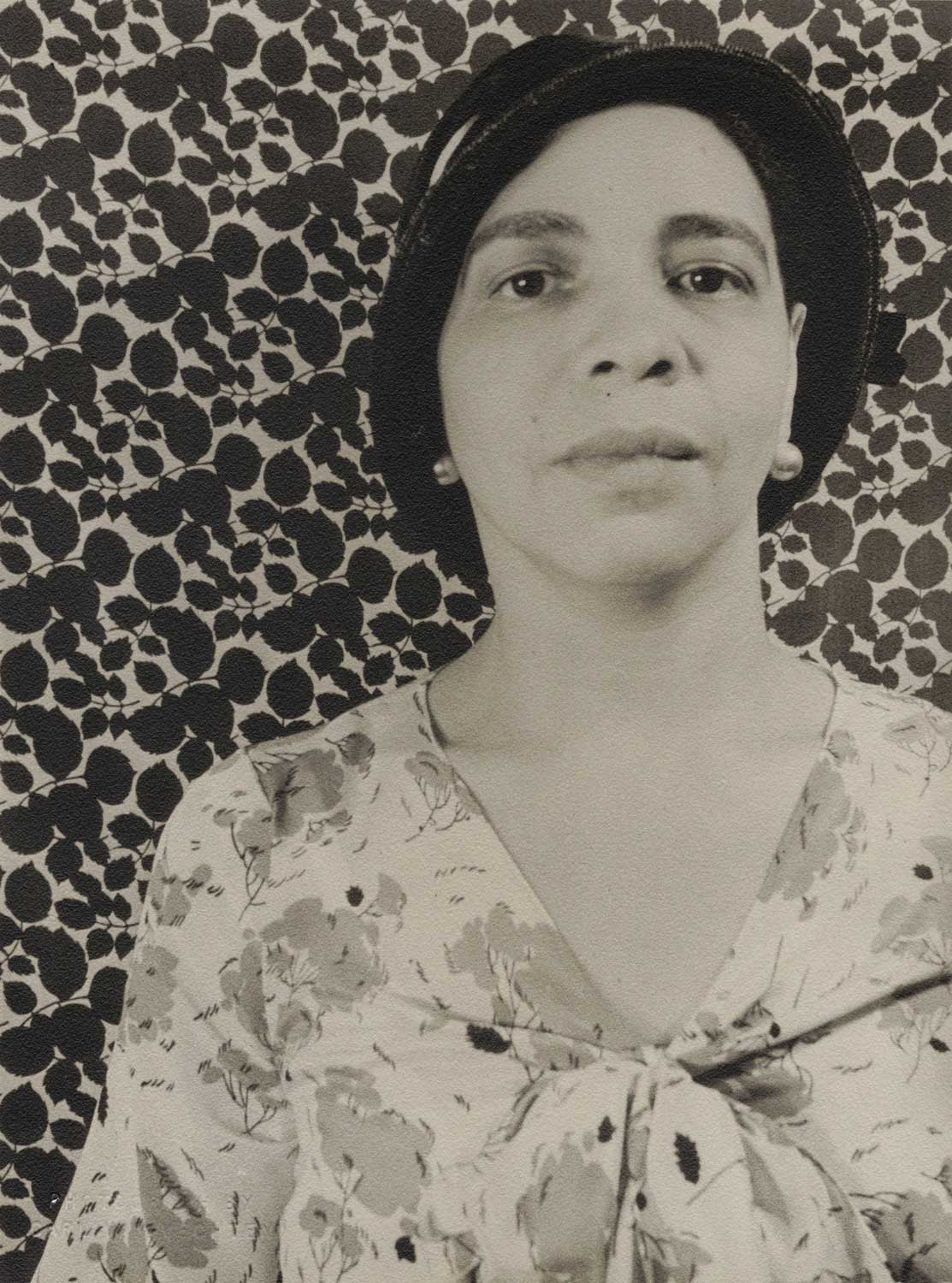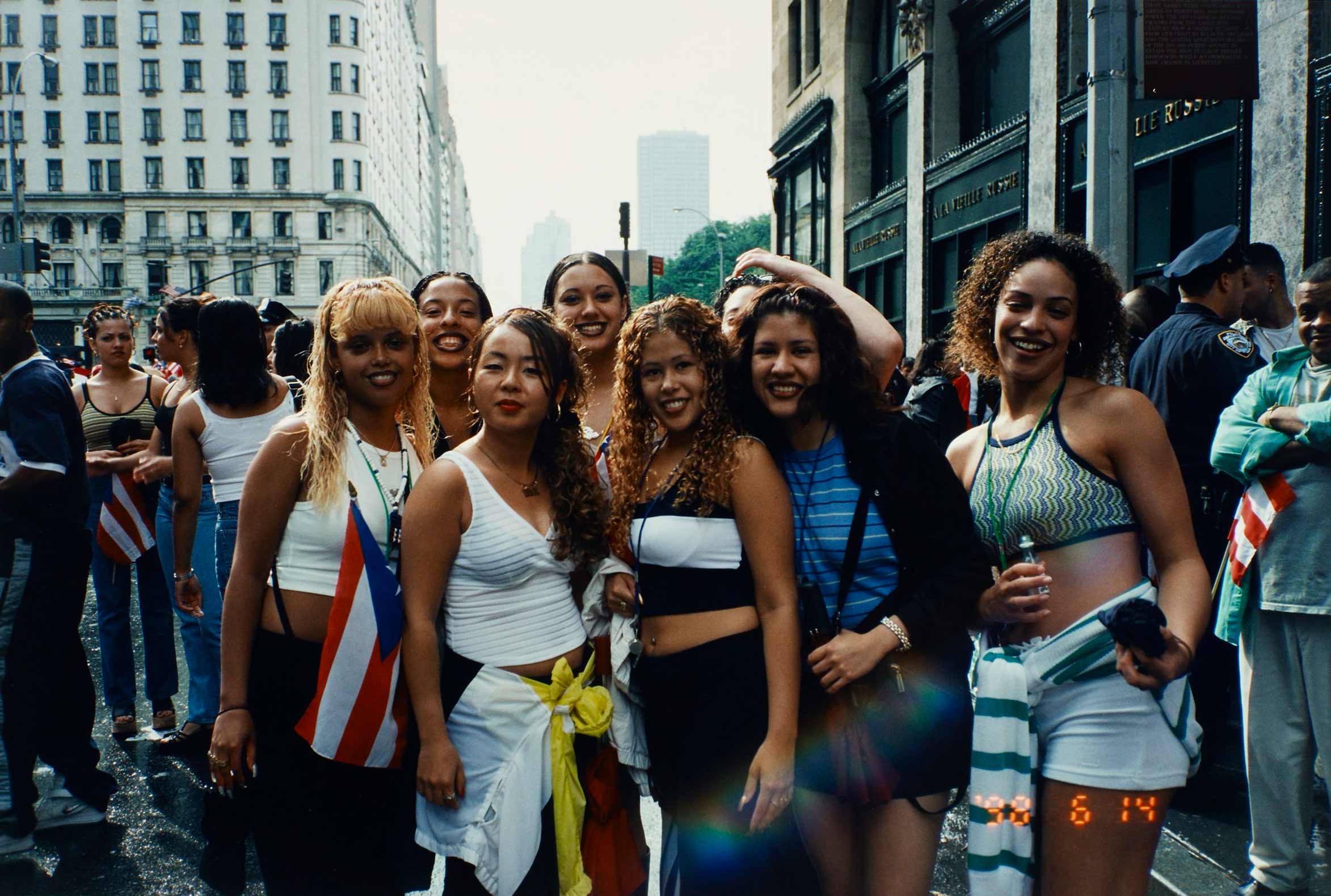Vassar Conference and Exhibition to Explore “Passing”
Vassar Conference and Exhibition to Explore “Passing”
In the summer of 1897, newspapers across the country published stories about a “scandal” on the Vassar campus: According to lurid press accounts, Anita Hemmings, an African-American student who had just graduated, had “tricked” college authorities into believing she was white.

Three years ago, novelist Karin Tanabe ’02 chronicled Hemmings’ story in a book titled The Gilded Years. When Professor of Film Mia Mask learned that planning was underway for a movie based on the book, she decided it was time for Vassar to take a scholarly look at the history and practice of “passing.”
“When I found out the film was in the planning stages, I anticipated that it would probably be shown here and there would be a media buzz,” Mask said. “I decided it was important for us to have a conversation about passing, in a scholarly way, well before the film was released.” Mask said the seeds for the conference were planted last summer when she mentored a Ford Scholar, Tamar Ballard ’19, in researching Hemmings’ story.

That conversation on the Vassar campus will begin April 5, 6, and 7 with a conference (download schedule) called “Quiet As It’s Kept: Passing Subjects, Contested Identities.” Panels composed of Vassar faculty and scholars from across the country will discuss various forms of passing. “I want this conference to be an exploration of racial, class and gender identity in a historical, political, social and cultural context,” she said.
Mask organized the conference with Associate Professor of English Hiram Perez, who teaches two related courses, The Narration of Passing and Racial Melodrama, that focus on the stories of those who have passed. During these classes, Perez said, he often talks to students of mixed race about their own struggles with their identities. “One of the goals of the conference for me is for people of mixed race to see that their stories are being told and that they feel more comfortable about their identities,” he said.
As a prelude to the conference, the Frances Lehman Loeb Art Center (FLLAC) will present an exhibition of 30 paintings, photographs, and films that examine the subject of passing. The exhibition, assembled by FLLAC Curator Mary-Kay Lombino, opens February 28, and Lombino will host a tour and talk on March 1 at 3 pm. The event is free and open to the public. Lombino will also lead a tour of the exhibition during the conference.

Like the conference itself, Lombino said, the exhibit reflects renewed interest in “passing” and evolving race and gender identity issues.